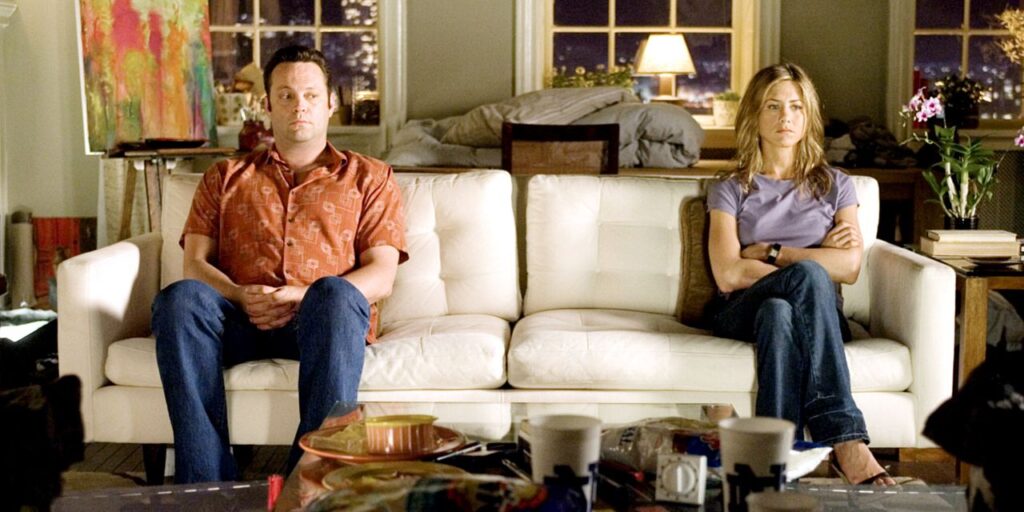Everywhere you look, women are imagining a world without men—or actively creating one.
“This Economist Crunched the Numbers and Stopped Dating Men,” reads a recent headline from New York Magazine. In The New York Times, “11 Women, 9 Dogs, Not Much Drama (and No Guys)” details a community of retirees creating a man-free “utopia” in Texas. Elizabeth Gilbert even discussed the cons of heterosexual marriage for women on Monica Lewinsky’s Reclaiming podcast. The trend isn’t particularly new, or surprising—you might recall The Wing, the women-only social club and workspace founded in 2016 by Audrey Gelman and Lauren Kassan that shuttered in 2022—but the idea that we are better off without the opposite sex is at the very least entering the mainstream, if not coming to a head.
All of this points to a truth many women rarely say out loud: While we have long been sold on heterosexual partnership as a baseline for a life full of happiness and love, it can actually feel harder than going it alone. Maybe you’ve considered it yourself—when you’re sick of managing the mood in the room before you even take stock of your own, or when you become the translator for your partner’s feelings while yours go unspoken. Are you the one who notices the groceries are low, or that the pediatrician appointment hasn’t been scheduled—long before anyone else? Even intimacy can start to feel like another performance rather than a place of rest.
For the first time in history, women don’t need men for survival—we can own property, build careers, raise children, and create communities without them—which means the decision to partner is now a choice, and not necessity. But even when we engage in this choice, women seem to be getting the short end of the stick. If you dig into the data, a striking paradox emerges: Married men show better health outcomes, lower rates of depression, and longer life spans than their unmarried counterparts. Married women, however, report higher stress, less freedom, and greater dissatisfaction. What the hell is going on?
The paradox of partnership
Relationships often function like one-way life rafts, keeping men afloat while leaving women depleted. What we’ve been taught to call intimacy—caretaking, appeasing, overfunctioning—is just codependency.
Let me explain: Both men and women carry what I call the choose-me wound, but it shows up differently for each: Women are conditioned to earn love by being agreeable, selfless, or small. Men are conditioned to earn it through achievement, dominance, or by outsourcing their emotional needs to women and expecting validation in return. We’ve all been taught to measure our worth by external approval instead of learning to source it from within. The bond this creates isn’t closeness—it’s dependency disguised as partnership.
I see it in my therapy practice all the time: Women confuse control with care, overfunctioning to keep the system stable, then resenting men for not stepping up. One client, for example, came in furious that her husband never seemed to notice when the kids needed new shoes. But as we explored it, she realized she had trained him into passivity by always jumping in first—because she couldn’t bear the thought of things being missed or her kids “suffering.” Her overfunctioning looked like devotion, but underneath it was control—and exhaustion. What she resented in him was also what she perpetuated in the system. We cling to the martyr myth, mistaking sacrifice for love. We resist boundaries because we were taught they’re selfish, leaving us resentful—when in fact, those boundaries could become the foundation of intimacy.


